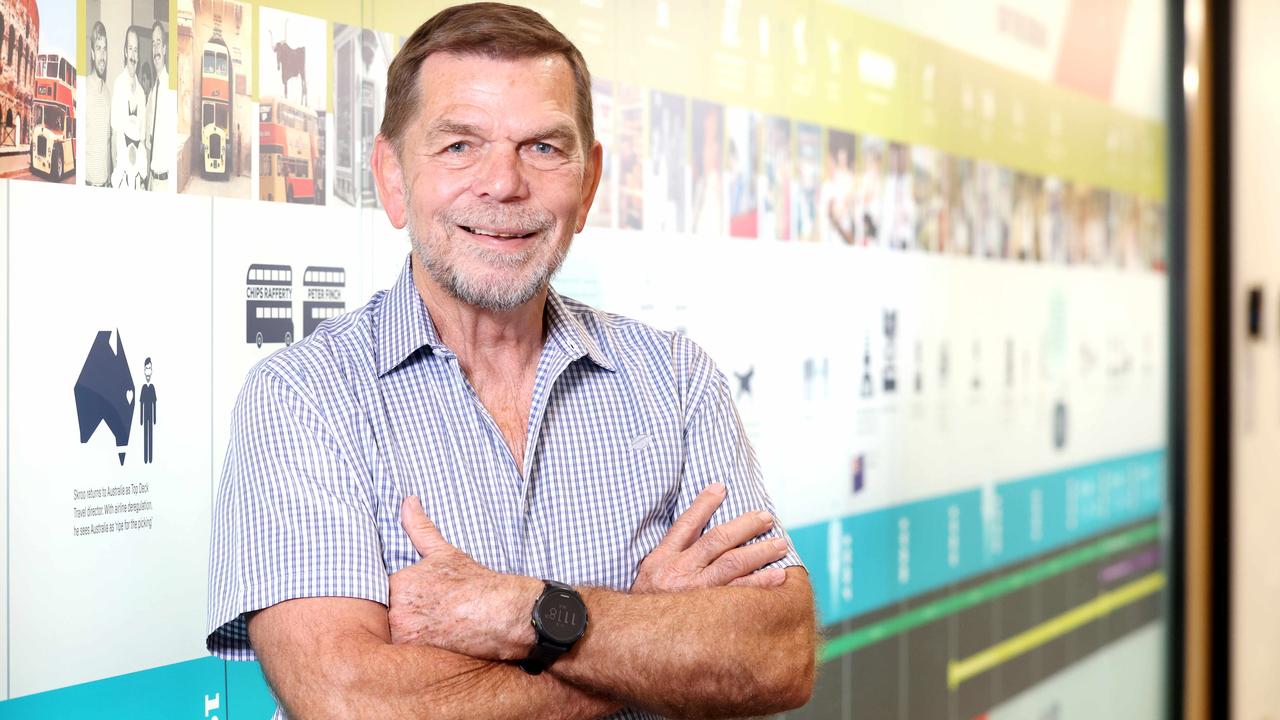Inflation outlook ‘well anchored’, RBA deputy Sarah Hunter says
A top Reserve Bank official gives a strong indication the central bank could be preparing the way for an interest rate cut.

Business
Don't miss out on the headlines from Business. Followed categories will be added to My News.
Expectations for the longer-term rate of price increases in Australia have “remained anchored” during the post-Covid-19 episode of above-target inflation, according to the Reserve Bank.
Moreover, short-term inflation expectations of groups including households and trade unions didn’t rise as much as the central bank’s internal modelling predicted, and appear to be converging downward toward long-term expectations.
In a speech at the Citi Australia and New Zealand Investment Conference on “Inflation expectations – why they matter and how they are formed”, RBA assistant governor (economic), Sarah Hunter appeared to sound an all-clear on the risk of inflation expectations becoming “de-anchored”.
While consistent with recent RBA commentary on inflation expectations, the speech could fuel expectations that the central bank shifting its narrative in preparation for interest rate cuts.
“Short-term expectations appear to be converging towards long-term expectations, and these have remained anchored through the recent past,” Ms Hunter said.
“There’s no evidence of expectations being more persistent than normal.
“There’s even some evidence of households and unions extrapolating less from recent inflation, at least during the period of higher inflation.”
Ms Hunter cautioned that policymakers “need to be mindful of certain prices that may be particularly ‘salient’ for households.
However, she added that changes in such price categories “work in both directions, and recently have been working to bring expectations down faster.”
A low and stable inflation rate is “critical to preserving macroeconomic stability” and having a good idea of what’s going to happen to prices allows businesses to plan for investment and expansion.
“It also makes things like budgeting and financial planning easier for households,” Ms Hunter said.
“This is particularly true for those on low incomes, who typically have smaller financial buffers than others and spend more of their income on essentials.
“And with more stable household and business balance sheets, the financial system is more stable.”
She said the fact that “expectations feed into actual inflation outcomes means de-anchored expectations typically leads to greater inflation volatility.”
“Volatility breeds uncertainty, and uncertainty makes decisions harder for everyone.”
The RBA’s short-term models of inflation expectations “missed the turning point” (downward) because unions and households “have been extrapolating less from the recent high inflation outcomes.”
“So, for household’s expectations, accounting for the salience of fuel prices can at least partially explain why the simpler inflation expectations model presented earlier predicted that short-term inflation expectations would remain higher for longer,” Ms Hunter added.
More Coverage
Originally published as Inflation outlook ‘well anchored’, RBA deputy Sarah Hunter says





